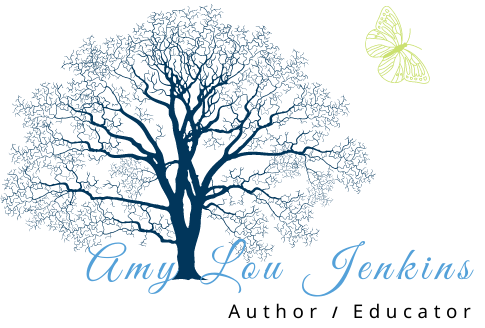The Secret Network of Nature
Trees, Animals and the Extraordinary Balances of All Living Things (Stories From Science and Observation) by Peter Wohlleben, Greystone Books, 2022 (paperback), 272 pages
The Secret Network
German forester Peter Wohlleben’s third installment of his trilogy is available in paperback. The Secret Network of Nature follows the acclaimed The Hidden Lives of Trees and The Inner Lives of Animals. John Muir explained decades ago that “When we try to pick out anything by itself, we find it hitched to everything else in the Universe.” Wohlleben illustrates this point with specific stories of connection.
Nature’s Fish Story
The stories help us perceive and understand insights about interconnections that are not fully understood by anyone. The networks seem more intricate than our perceptions and science.
Salmon live most of their lives in salt water and the nitrogen in their bodies is identifiable as an element in sea creatures rather than of a freshwater fish. This specific nitrogen is but one way to track the benefits of bears fishing for salmon. When the salmon get skinny and the bears get full, fish are left to die on the banks of the rivers. Their carcasses contribute to the biota in an almost unbelievable network of influence. One factoid: The nitrogen specific to salmon can even be found within the trees near salmon runs.
More: Trees can influence the rotation of the earth. Ants disperse and plant thousands of seed species. Trees need more phosphorus compounds than their roots can reach, so they use fungi filaments to transport the needed elements from more distant soil. Bears and wolves influence the actual banks and flow of rivers.
Wohllenben’s Credibility
Nature’s network is far more profound and sensitive to disturbance than most people who can muck up an ecosystem (all of us) understand. Wohlleben’s short essays help us understand and make what could be complicated–highly accessible and entertaining. One lesson seems clear: leave natural spaces natural–whenever possible. He does sometimes point an accusatory figure at humans, which always seems deserved. He often offers visions of a hopeful future. A skeptical reader might not agree with all the author’s conclusions, yet the text honestly separates facts, observations, and opinions. Chapter notes give references, and the index makes it easy to find and reference the information and stories which will surely seep back into connections readers find in their ecosystems and lives. Every reader is sure to find wonder, concern, and new ways to consider their position and impact in our fragile world of wonder.
Amy Lou Jenkins’ books include Every Natural Fact and Friends: Voices on the Gift of Companionship. A version of this book review previously appeared in a Sierra Club Publication.

